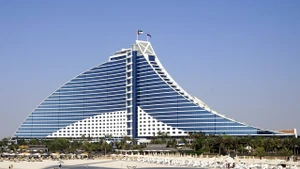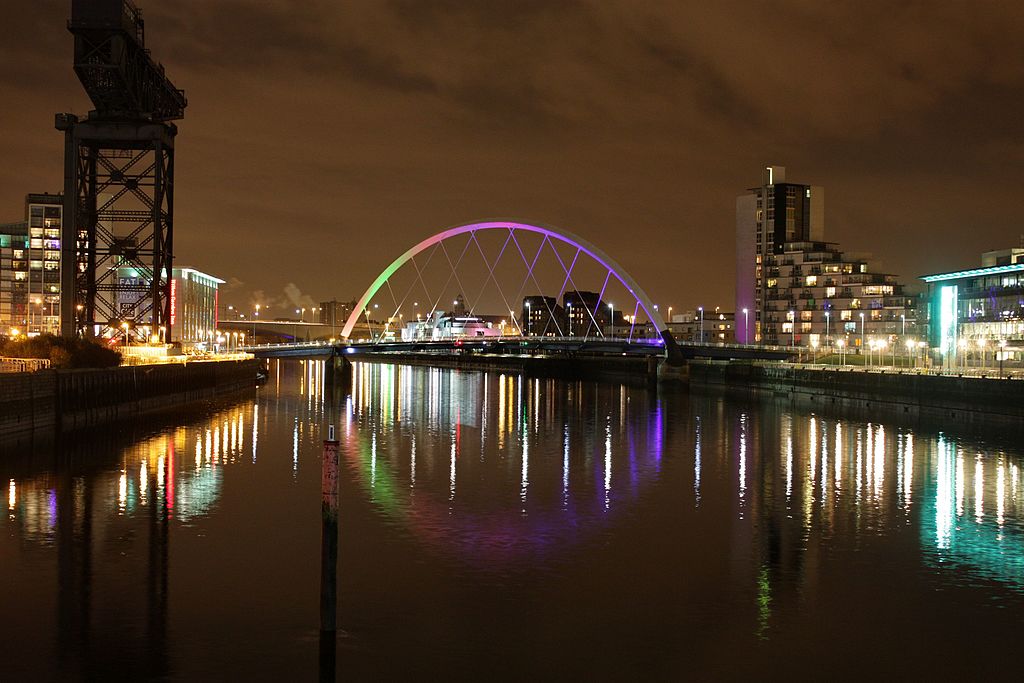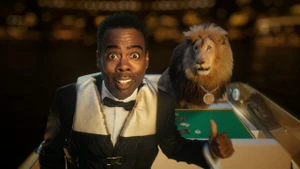Bill Hornbuckle on MGM Resorts’ global growth ambitions
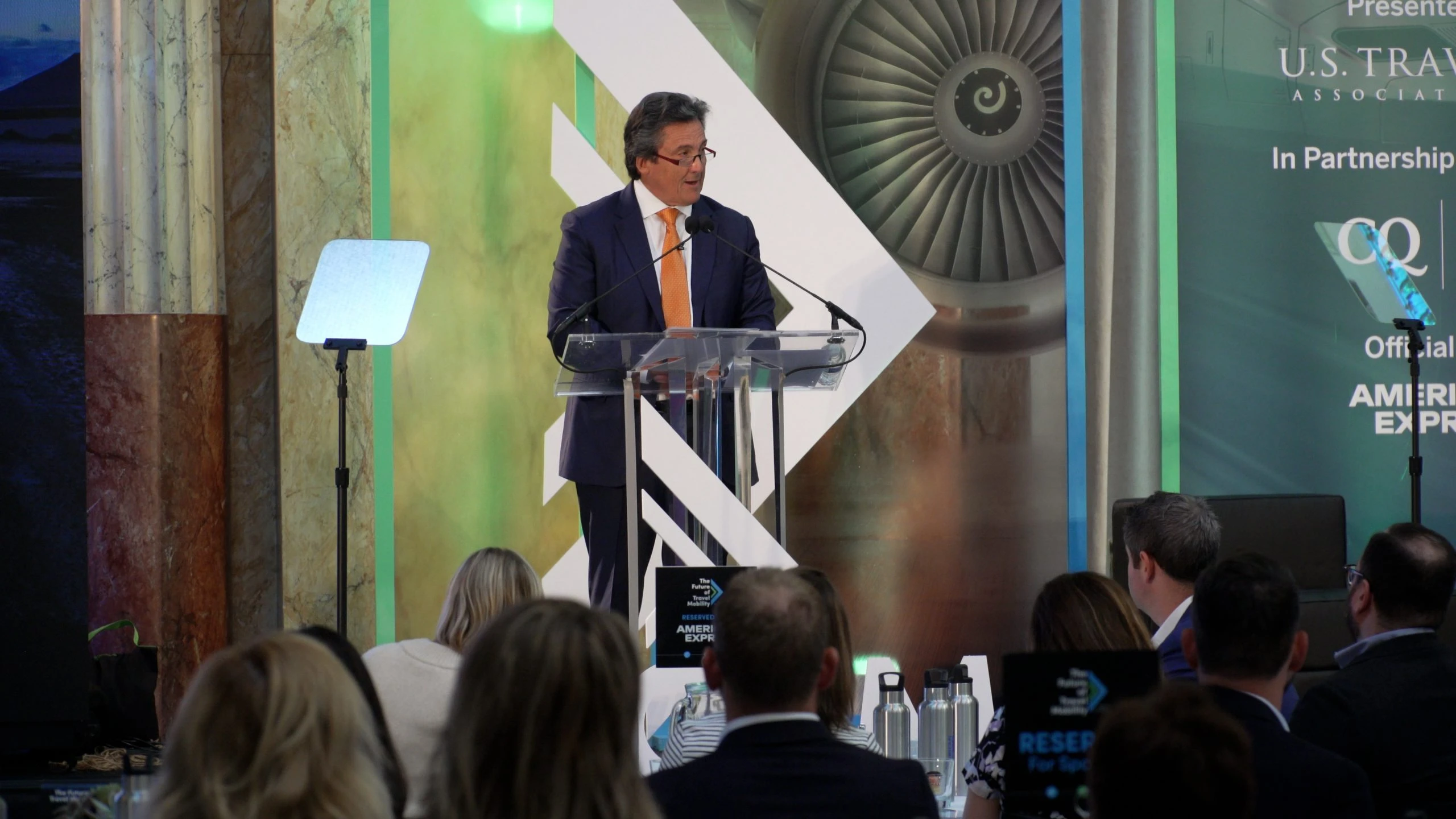
Things are booming in MGM Resorts’ home town, but it’s much more than a Vegas-based business. Hornbuckle leads global development efforts and having taken MGM into Macau he’s still looking east.
MGM Resorts looks east
Japan’s ministry of land, infrastructure, transport and tourism certified plans for a $10bn integrated resort in Osaka in April. After finalising agreements with Osaka Prefecture and City, construction can begin on the property.
Marginally closer, opportunities are emerging in the United Arab Emirates. First Wynn sealed an agreement for a resort in Ras al-Khaimah. Then a federal regulator, the General Commercial Gambling Regulatory Authority (GCGRA) emerged paving the way for resorts in other Emirates.
MGM is focused on Dubai, Hornbuckle says. “We believe over time, there’ll probably be three or four licences in the Emirates. We’re going to be patient about this.” There’s a non-gaming project in Dubai that has the Bellagio, MGM Grand and ARIA brands in it already.
“It’s a pretty spectacular project that sits right at the foot of Jumeirah Beach, a place called Porto Island. It’s going to be a magnificent resort and hopefully ultimately an integrated resort.”
These opportunities, however, are few and far between for an operator of MGM Resorts’ size. Japan, for example, is the culmination of a 12-year process. The conditions to build that sort of property aren’t always on offer.
“What we do best is large scale integrated resorts that, in the case of Japan, are $10bn projects,” he continues. “If we were to replicate the Bellagio it’s probably a $9bn project. That’s what we do. It’s what we’re good at. That’s the kind of branding and kind of experience we want to take around the world.”
Tax in MGM’s current jurisdictions range from roughly 7%, to around 30% in Macau or Japan. “Anything beyond that gets prohibitive.”
European resorts remain off limits
It’s therefore unlikely we’ll see an MGM Resorts property in Europe any time soon.
“The challenge we have generally with Europe is there’s a lot of small operatives with vested interests in the industry that exists today,” Hornbuckle explains. “And you have a tax environment that’s not right for the kind of things we would want to do. If there was a unique project that came along, we would have an interest – although I can’t think of one; it would have to be pretty special.”
What did pique the operator’s interest was the UK’s ultimately unsuccessful plans for so-called “supercasinos” in the early 2000s, something MPs recently attempted to resurrect. Hornbuckle was on the ground for almost three years exploring the project.
“We were in Sheffield, we were in Liverpool, we were everywhere,” he recalls. There was a site at the Sheffield Mall, potential locations in Scotland – in Glasgow and Edinburgh – as the plans promised the scale and a viable tax regime “to allow us to do what we do best”.
“Then, as you know, things fell apart.”
“Do we regret anything? Hell no”
That’s not to say he regrets the near-misses or projects that didn’t come to fruition. “Sometimes you are more right than other times, but do we regret anything? Hell no.”
Japan, for example, could be viewed as a leap into the unknown. Hornbuckle admits it looks risky at a glance, considering there have never been integrated resorts or casinos in the country before.
“But if you take a step back, Pachinko is a $30bn a year business,” he adds. “In Osaka alone it’s almost $3bn-$4bn, and there are 19 million people who live there. That’s gambling in its rawest sense.
“The lessons you learn from all of these projects [we work on], you put it into a project in a different place and you can create a $10bn integrated resort destined to attract locals and international visitors.”
Digital expansion and the BetMGM question
While a physical property in Europe remains a pipe dream, MGM Resorts is already on the continent. Following its $604m acquisition of LeoVegas, the BetMGM brand – without its US joint venture partner Entain – is live in Great Britain, supported by a splashy campaign featuring Chris Rock.
The vision is to create “the world’s premier gaming entertainment company” but thanks to limited scope to build properties of scale, Hornbuckle sees online as MGM’s new frontier.
“The idea is when you think about investing in gaming, you look for a premium company that’s got great locations and is well-diversified,” he says. “Then if you think about our company, we’re Las Vegas-based, we have meaningful assets in Asia and domestic assets in regional markets that make a lot of money; we make a little over $1bn a year in cashflow in our regional business.
“And now through BetMGM, both domestically and ultimately through what we do with LeoVegas – whether that’s in Europe, Canada or South America – we want to diversify into digital. We think it’s a meaningful way to continue to reach customers 365 days a year.”
The average Vegas visitor comes 1.2 times a year. Now, Hornbuckle aims to offer them a digital version of the on-property experience, creating a full omnichannel ecosystem to differentiate the business from online-only competitors. Essentially, BetMGM in Europe – and later Latin America, he suggests – fulfils the same role as its US regional properties.
Scaling up for the online push
Creating that differentiated omnichannel offering drove the acquisition of games studio Push Gaming in May. This opens up opportunities to build out exclusive content.
“Those games could launch digitally, or in brick-and-mortar, and use our balance sheet to create things that are pretty unique,” Hornbuckle suggests. “Imagine life-changing jackpots from a game, that we created, sitting on the floor here in Vegas, or anywhere else in the world for that matter.
“The idea that we could create our own games is really important, both to feed our digital assets, but [also] our brick-and-mortar assets and then ultimately to tie them all together.”
Push is a slot specialist but Hornbuckle is already considering how to expand further, bringing up live dealer as a key focus going forward. “Like many others we use Evolution through BetMGM US, as does LeoVegas, but the last time I checked we have a lot of dealers,” he says. “We have a pretty interesting environment with pretty interesting brands, so it is kind of our birthright to be able to do this.”
MGM adds “pizzazz and celebrity” to the live casino proposition. He even suggests celebrity guests may be featured, playing from the casino floor in Las Vegas.
What of the BetMGM US joint venture?
There’s a lot to come from LeoVegas and Push, but currently these target overseas markets. Wouldn’t Hornbuckle eventually look to showcase this unique offering on his home turf? There was, after all, an £8.1bn bid for the business that failed in February 2021.
“We enjoy our partnership with Entain here,” is all he says. “We’re all trying to understand our way through the marketplace. It’s complex, it’s large scale, it’s not free, it’s expensive, and we’re all battling our way through it.”
MGM Resorts owns the BetMGM name, he points out, but that doesn’t mean that LeoVegas – which shares a lion mascot with its new parent – is disappearing. However, as legislation makes its way through LatAm legislatures, he admits local brands lead the pride. Further M&A may be on the way.
“The idea that we could acquire one of these brands and put them back into the portfolio at a larger scale is something we want,” he says. “We will size up each market independently with partners, directly with the BetMGM brand, or through a local brand.”
All roads lead to Las Vegas
These igaming offerings ultimately play a crucial role in driving customers back to MGM Resorts’ properties, he continues. Products become ubiquitous, and over time “become pretty consistent” he says – there is only so much you can do on a small screen, after all. When marketing rationalises, it’s going to beg the question, what can operators do to differentiate from the competition?
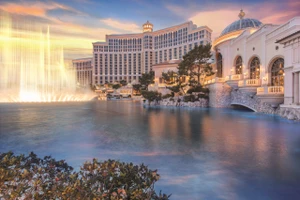
“For us, we believe it’s omnichannel,” Hornbuckle says. “We think when someone comes here with single wallet, they can leave their money in their account, they can go home to Colorado and continue to play. They can get recognised and rewarded and ultimately come full circle by heading back to Vegas.
“We think there’s value in that in the long-term. Look, sports bettors fall in an age bracket that’s attractive to Las Vegas and obviously the fact we have sports here really helps that storyline.”
If it’s not the entertainment or gaming, it’s the emerging sports ecosystem that draws in the customers.
“There’s very few players in the world who can do what we do, particularly at our scale,” he adds. “We’re going to host a Super Bowl here in a couple of months, so I can bring a customer to the Super Bowl. There’s just all of those activity cases and things to do here that you can’t do in most other places in the world.”
Building a podium position on a global scale
As MGM Resorts competes across multiple fronts, not to mention in its home town of Las Vegas, there’s plenty more to do.
Japan, after years of painstaking work and legislative delays, is finally coming to fruition, just as the UAE opportunity emerges. Then there’s the digital expansion, where he says there is the opportunity to replicate BetMGM’s US podium position by disrupting the European and LatAm markets.
“If it works, great,” he says. “If it doesn’t, on my watch. Seeing things from that point of view, it’s exciting.”

